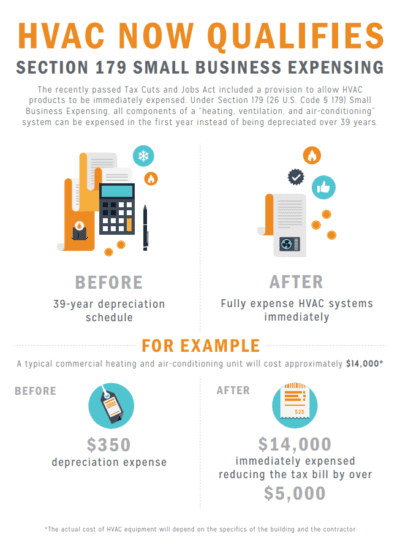The Future Of Home Home Heating - Exactly How Heatpump Innovation Is Advancing
The Future Of Home Home Heating - Exactly How Heatpump Innovation Is Advancing
Blog Article
Authored By-Skaaning Oliver
Heat pumps will be a crucial technology for decarbonising home heating. In a scenario consistent with federal governments' introduced power and environment commitments, their international capability doubles by 2030, while their share in heating rises to one-quarter.
They work best in well-insulated homes and depend on power, which can be provided from a renewable power grid. Go At this site are making them much more effective, smarter and more affordable.
Gas Cells
Heatpump utilize a compressor, refrigerant, coils and fans to move the air and heat in homes and appliances. They can be powered by solar energy or electrical power from the grid. They have been acquiring popularity due to their inexpensive, peaceful procedure and the ability to generate electrical energy during peak power need.
Some business, like IdaTech and BG MicroGen, are dealing with fuel cells for home heating. These microgenerators can replace a gas central heating boiler and create some of a home's electric needs with a connection to the electrical power grid for the rest.
Yet there are and air conditioning to be skeptical of using hydrogen for home heating, Rosenow says. It would certainly be expensive and inefficient contrasted to various other innovations, and it would contribute to carbon exhausts.
Smart and Connected Technologies
Smart home modern technology enables home owners to connect and control their gadgets remotely with making use of smartphone apps. For instance, wise thermostats can discover your home heating choices and instantly get used to enhance energy consumption. Smart illumination systems can be managed with voice commands and immediately switch off lights when you leave the space, decreasing energy waste. And smart plugs can monitor and manage your electric usage, allowing you to determine and limit energy-hungry devices.
The tech-savvy home shown in Carina's interview is a good image of how occupants reconfigure room home heating practices in the light of new smart home technologies. They rely upon the devices' automatic features to perform daily changes and concern them as a hassle-free means of conducting their home heating techniques. Thus, they see no factor to adjust their methods better in order to enable flexibility in their home power need, and treatments focusing on doing so may encounter resistance from these families.
Electrical energy
Given that heating up homes make up 13% of US emissions, a switch to cleaner choices might make a big difference. However the innovation faces obstacles: It's pricey and calls for considerable home restorations. And it's not constantly suitable with renewable energy sources, such as solar and wind.
Up until recently, electrical heatpump were as well costly to compete with gas designs in the majority of markets. But brand-new developments in layout and products are making them extra inexpensive. And far better chilly climate efficiency is allowing them to operate well even in subzero temperatures.
The following action in decarbonising home heating may be making use of warm networks, which attract warmth from a central source, such as a neighboring river or sea inlet, and disperse it to a network of homes or buildings. That would lower carbon exhausts and enable families to benefit from renewable resource, such as eco-friendly electrical energy from a grid provided by renewables. This alternative would be much less expensive than switching over to hydrogen, a fossil fuel that needs brand-new framework and would only lower CO2 discharges by 5 percent if coupled with enhanced home insulation.
Renewable resource
As electrical power prices drop, we're starting to see the exact same pattern in home heating that has driven electric vehicles right into the mainstream-- yet at an also faster rate. The solid environment instance for electrifying homes has actually been pushed even more by brand-new research.
Renewables represent a considerable share of modern-day warmth consumption, however have actually been given minimal policy interest worldwide contrasted to various other end-use industries-- and also much less interest than power has. Partially, this reflects a mix of consumer inertia, divided rewards and, in lots of nations, subsidies for fossil fuels.
New technologies can make the change simpler. For instance, heat pumps can be made much more energy effective by changing old R-22 refrigerants with new ones that do not have the high GWPs of their precursors. Some professionals additionally visualize area systems that draw heat from a nearby river or sea inlet, like a Norwegian arm. The warm water can then be made use of for cooling and heating in a neighborhood.